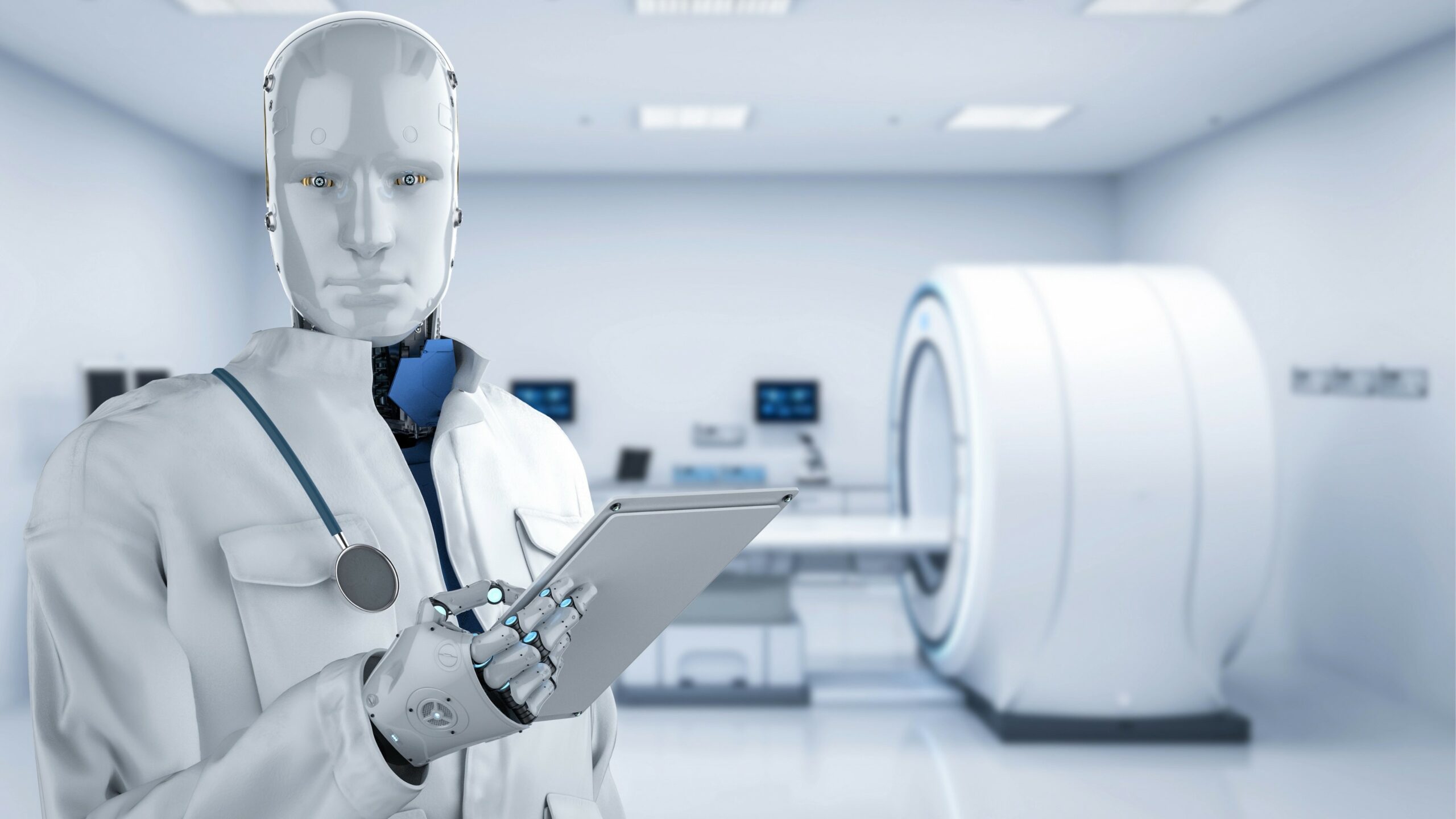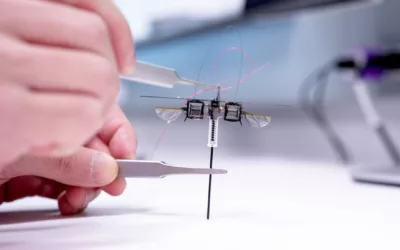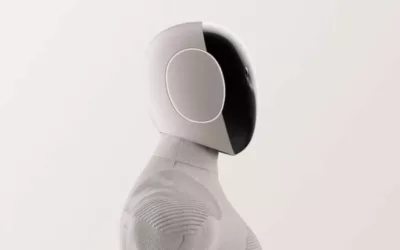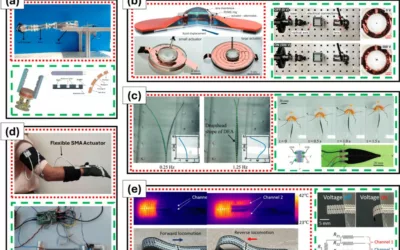In the ever-evolving landscape of healthcare, robotics and artificial intelligence (AI) are poised to play a significant role in transforming patient care and improving outcomes. With advancements in technology, we can expect to witness major breakthroughs in several key areas of healthcare where robotics and AI will have a profound impact. Let’s explore five of these areas:
1. Surgery and Minimally Invasive Procedures
Robotic-assisted surgery has gained momentum in recent years, enabling surgeons to perform complex procedures with increased precision and control. Surgical robots provide enhanced dexterity and visualization, reducing the invasiveness of procedures and minimizing patient trauma. AI algorithms can also assist surgeons by analyzing real-time data, offering guidance, and even predicting potential complications. With robotic surgery, patients experience shorter hospital stays, faster recovery times, and reduced risk of complications.
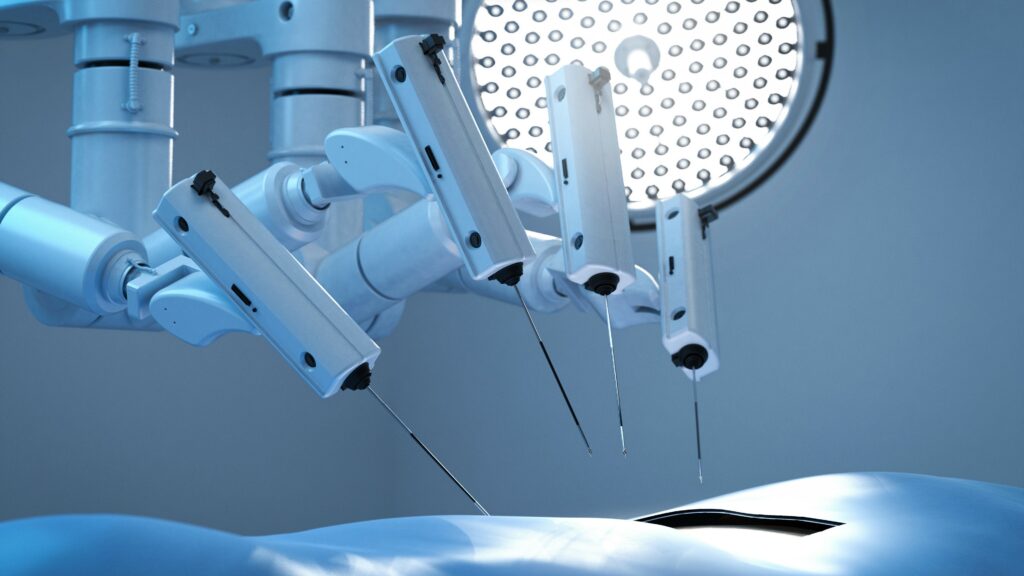
2. Rehabilitation and Physical Therapy
Robotics and AI are transforming the field of rehabilitation and physical therapy, helping patients regain mobility and independence. Robotic exoskeletons and prosthetic limbs can assist individuals with limb impairments or injuries, supporting their movements and facilitating rehabilitation. AI algorithms integrated into these devices can adapt to the individual’s needs, enhancing functionality and promoting better motor control. Virtual reality (VR) and augmented reality (AR) technologies, combined with robotics, provide immersive rehabilitation experiences, making therapy sessions more engaging and effective.
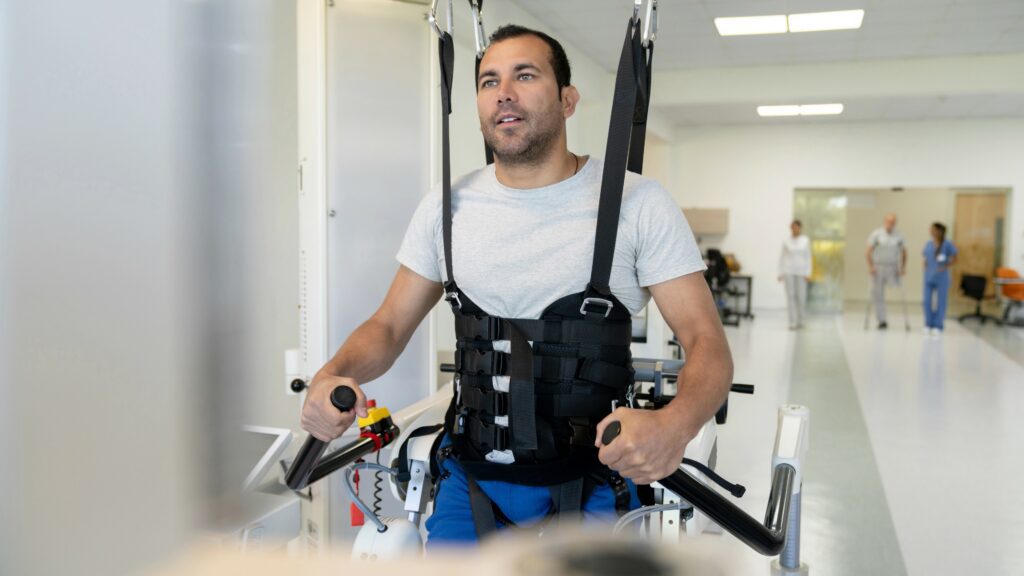
3. Elderly Care and Assisted Living
With the global aging population, the demand for elderly care and assisted living solutions is increasing. Robotics and AI can help address the challenges associated with aging, such as loneliness, limited mobility, and cognitive decline. Social robots equipped with AI algorithms can provide companionship, engage in conversation, and offer cognitive stimulation, thereby improving the mental well-being of elderly individuals. Robotic assistants can also support daily activities, such as medication reminders, fall detection, and monitoring vital signs, ensuring the safety and well-being of older adults.
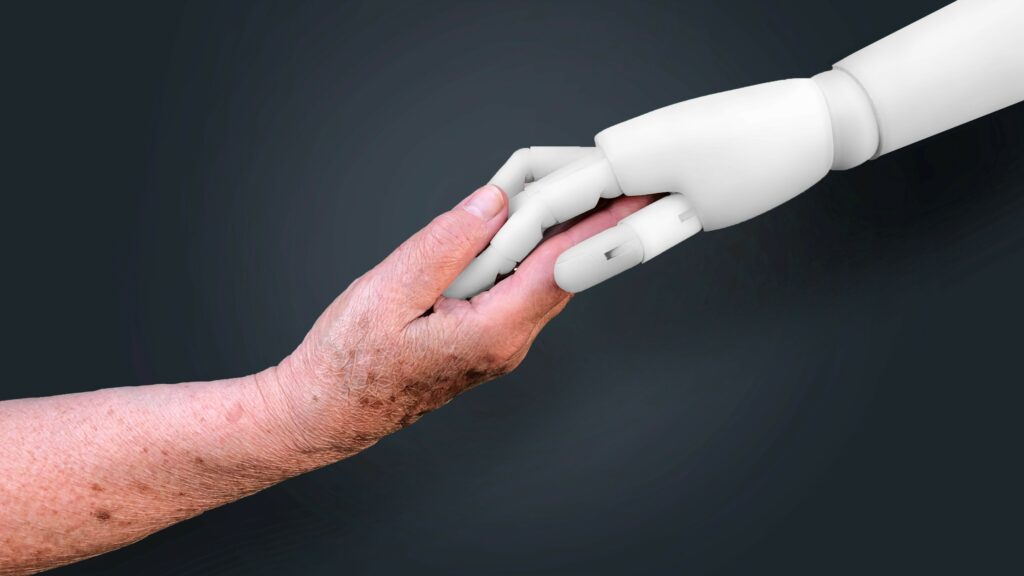
4. Disease Diagnosis and Treatment
AI-powered diagnostic systems have the potential to revolutionize disease diagnosis and treatment. Machine learning algorithms can analyze vast amounts of medical data, including patient records, imaging scans, and genetic information, to assist healthcare professionals in making accurate diagnoses. AI can also help predict disease progression and recommend personalized treatment plans based on individual patient characteristics. In the field of radiology, AI algorithms can aid in the interpretation of medical images, improving efficiency and accuracy in identifying abnormalities.
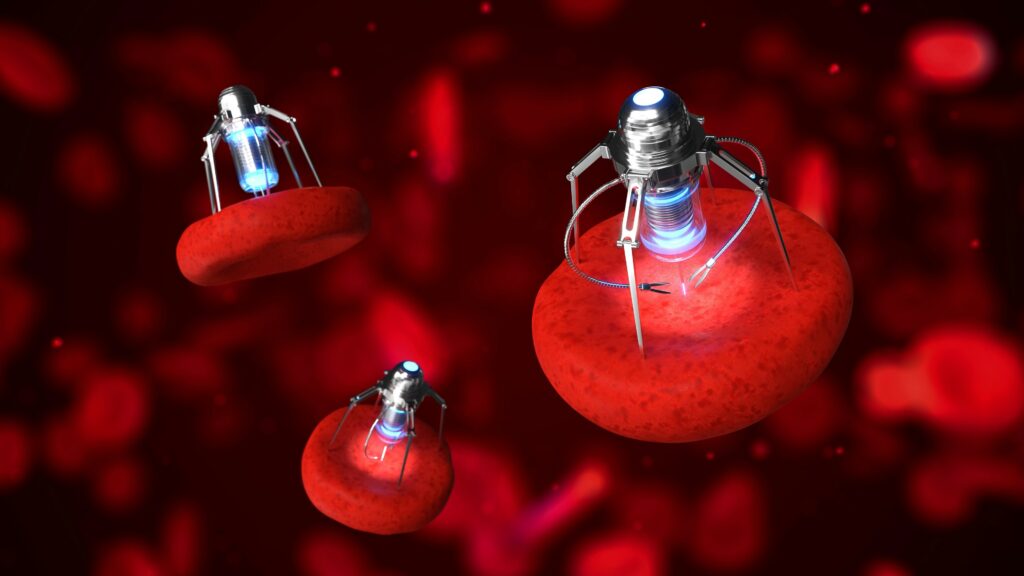
5. Healthcare Delivery and Hospital Management
Robotics and AI have the potential to streamline healthcare delivery and optimize hospital management processes. Intelligent robots can automate repetitive tasks, such as medication dispensing, inventory management, and disinfection, reducing the workload of healthcare professionals and minimizing the risk of errors. Chatbots powered by AI can provide 24/7 support for patients, answering common inquiries, scheduling appointments, and triaging symptoms. AI algorithms can also analyze population health data to identify disease patterns, predict outbreaks, and inform public health interventions.
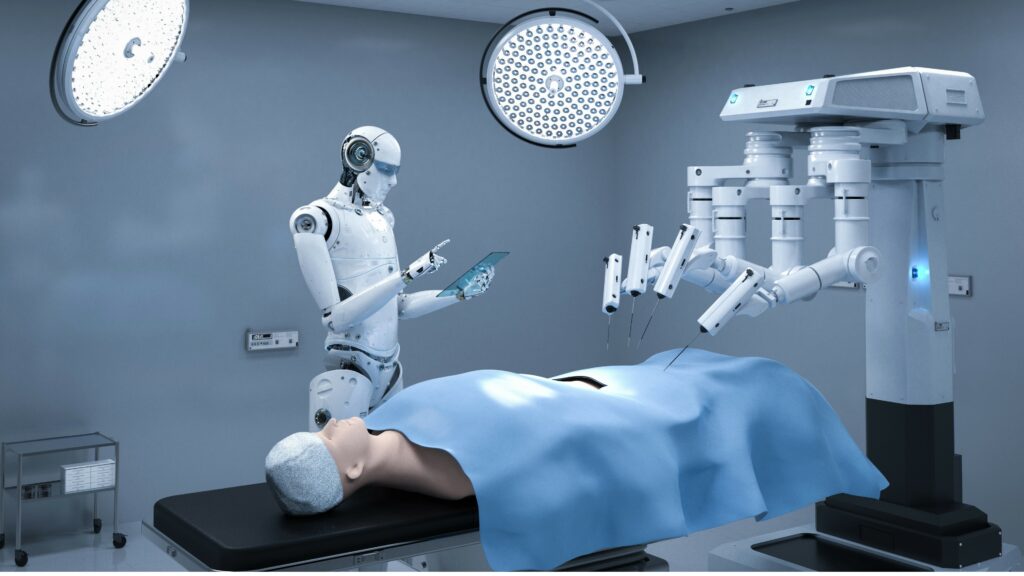
It is important to note that while robotics and AI offer immense potential, they are not meant to replace human healthcare professionals. Rather, they act as valuable tools to augment their capabilities, enhance decision-making, and improve patient care. Collaborative efforts between humans and machines can lead to more efficient and personalized healthcare delivery.
However, as these technologies become more prevalent, ethical considerations must be at the forefront. Privacy and data security measures should be in place to protect patient information, and transparency in algorithm development is essential to ensure accountability and mitigate bias. Additionally, ongoing training and education for healthcare professionals are crucial to familiarize them with the use of robotics and AI in their practice and maintain a patient-centered approach.
The future of healthcare looks bright with the integration of robotics and AI into healthcare set to revolutionize various aspects of patient care. From robotic-assisted surgeries and rehabilitation to elderly care, disease diagnosis, and healthcare delivery.

